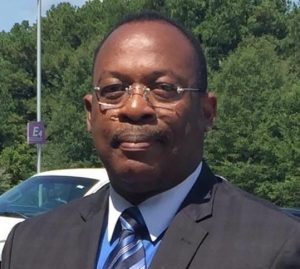Former Director of Research at the Central Bank of Nigeria (CBN), Titus Okunrounm, has voiced concerns over the ongoing escalation of the Monetary Policy Rate (MPR) by the bank’s Monetary Policy Committee (MPC), asserting that such measures are unlikely to foster economic growth. Okunrounmu’s remarks came during an interview with the News Agency of Nigeria (NAN) on Wednesday in Ota, reacting to CBN Governor Olayemi Cardoso’s announcement of a hike in the MPR from 22.75 percent to 24.75 percent, following the conclusion of the MPC’s two-day meeting in Abuja.
The MPR, a pivotal tool in the CBN’s monetary policy arsenal, refers to the short-term lending rate at which banks borrow from the central bank.
Cardoso communicated the rate adjustment via a communiqué issued after the 294th MPC gathering, also indicating alterations to the Asymmetric Corridor to +100/-300 basis points around the MPR, while maintaining the Cash Reserve Ratio at 45 percent.
Expressing skepticism about the efficacy of such policy moves, Okunrounmu argued that despite the MPC’s reliance on data-driven decision-making, the persistent elevation of the MPR poses hindrances to economic expansion, as high-interest rates discourage borrowing. He questioned the feasibility of borrowing at a 25 percent interest rate, underscoring its adverse implications for economic activities.
Okunrounmu urged the Federal Government to optimize the utilization of funds borrowed from the CBN for capital projects, particularly in light of the elevated interest rates. Furthermore, he emphasized the imperative for intensified efforts towards exploring alternative energy sources in Nigeria, citing stable electricity supply as fundamental to enhancing productivity across various sectors.
According to Okunrounmu, a reliable power supply would bolster local production, bolster export-oriented industries, and consequently alleviate pressure on the nation’s currency. He asserted that this approach would contribute to curbing inflation and fostering stability in the foreign exchange market.
As policymakers navigate these economic challenges, Okunrounmu’s insights underscore the urgency of implementing targeted reforms to revitalize Nigeria’s economy amidst prevailing uncertainties.
Credit: News Agency of Nigeria (NAN) Text Excluding Headline






















